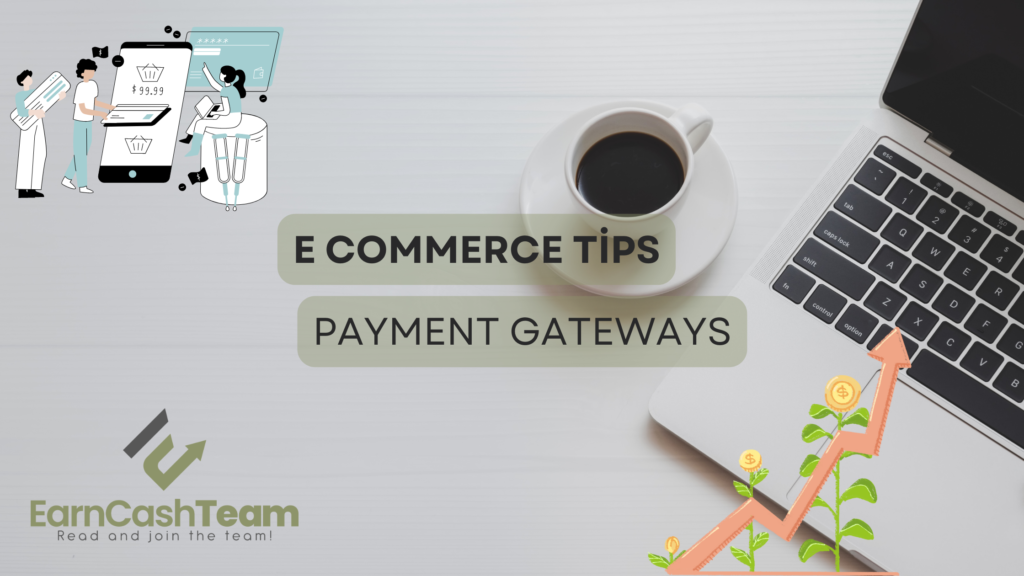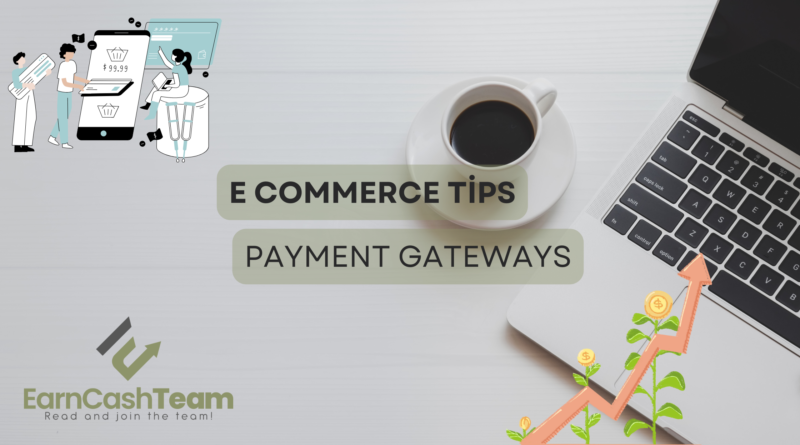Payment Gateways Comparison in E-Commerce
Payment gateways are an integral component of any e-commerce website, as they enable customers to safely complete purchases quickly and seamlessly. But with so many different solutions on the market, choosing which payment gateway best meets the needs of your business can be daunting – here are some key factors you should keep in mind when making this important decision.
You can check out other tips about e-commerce with us!

Understand how a payment gateway operates before using one yourself. A gateway encrypts customer credit card information before passing it along to a payment processor for processing and verification, who sends money directly into merchant accounts then notifies gateway of result so customer can confirm purchase and collect items from website.
Next, compare each payment gateway’s features. Some payment gateways provide features to assist merchants with managing taxes – some can even automatically calculate and pay sales tax even on international transactions! Other tools may help merchants manage fraud or prevent identity theft while still others support multiple languages and currencies.
Look for a payment gateway with multiple ways for customers to make payments – for instance PayPal, Apple Pay and Bizum are just some examples – that allow fast settlements with low transaction fees that decrease as your business expands. A good payment gateway should offer fast settlements and competitive transaction fees which scale with your business growth.
Once you’ve narrowed down your choices, choose a provider who offers payment methods popular among your target audience. Mobile apps have become increasingly popular as payment platforms; therefore, offering them is essential. Furthermore, if selling internationally is part of your plan it is also crucial that a gateway supports all major currencies and languages.
Also consider the fees charged by each payment gateway provider; some offer flat-rate pricing while others charge a percentage of transactions made. Furthermore, other charges might include PCI compliance costs or setup charges, which you’ll want to factor into your budget when selecting payment gateways.
Next, carefully assess each payment gateway’s security features. Some offer more advanced encryption to reduce hacking and data breaches; other features to keep in mind include tokenization which keeps customer details safe even after sales have closed; fraud prevention tools to avoid chargebacks or refunds and support for mobile devices so merchants can reach customers easily on-the-go.




